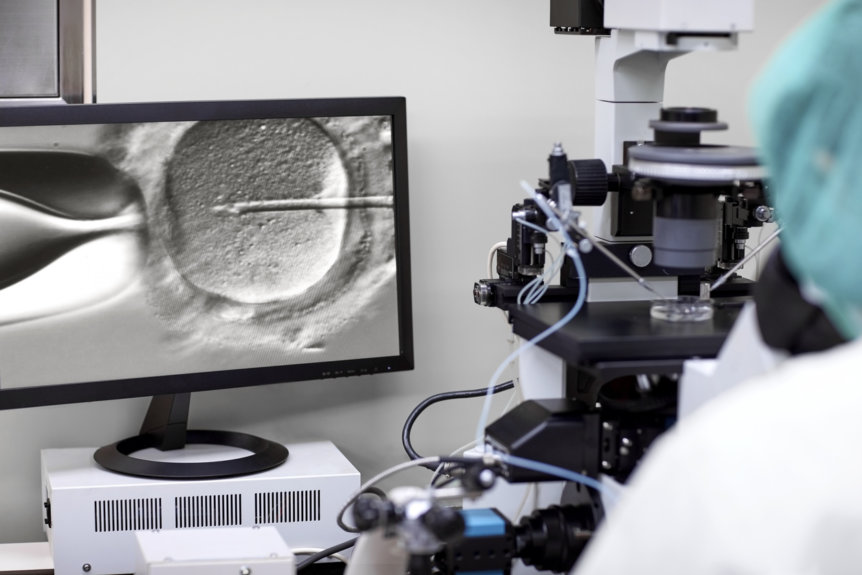Welcoming a child into the family is a major milestone in every parent’s life, especially if you have utilized assisted reproductive technology (ART). With this blessing comes the need for comprehensive financial and estate plans that are uniquely tailored to your family’s needs. As you continue your journey, we want to provide you with answers to some common questions you may have about planning for your family.
When should I start planning for my child?
From a financial perspective, now is a good time to start planning for your child. As you are probably aware, the ART process can be expensive. Having a proper financial plan can help alleviate some of the worries you may have during the process. Raising a child is also expensive; the cost of food, clothing, shelter, toys, and education must be considered. Even if you are not expecting a child imminently, setting money aside or preparing a budget to accommodate these expenses can put you on the right financial path.
When it comes to addressing your child in your estate plan, including who will be the child’s guardian if something should happen to you, how much money the child will receive, and when the child will receive an inheritance, it is best to wait until the child will soon be born. While you can plan for a potential child, your estate planning documents will be clearer if you plan for things as they are at the time of drafting. However, you can still create an estate plan now and change your plan when a child is born. Creating an estate plan is not a one-and-done event. It must change and evolve as your and your family’s circumstances change.
What will happen to my genetic material when I die?
As part of the ART process, you or your spouse or partner may store genetic material (e.g., sperm, eggs, embryos) for future use. It is important that you review the forms you signed with your doctor or the facility to know what will happen to genetic material if you or your spouse or partner dies. Typical options include destroying, donating, or transferring ownership to someone else that you have named. In many states, the courts will defer to what is in the form. It is important that you know what it says and that you agree with the outcome before signing it. You must also know what you need to do if you change your mind.
What happens if a child is born after a genetic parent has died? Can the child inherit from the deceased parent?
With advancements in modern medicine, a child could be born years after a parent has died using the genetic material of the deceased parent. However, the right of the child to inherit from the deceased parent is based on each state’s laws. A variety of factors can impact the child’s ability to inherit, such as how long after the parent’s death the child was born and whether the deceased parent consented to the use of their genetic material after their death.
Do I really need to work with an estate planning attorney?
While the do-it-yourself options may seem cheaper and more convenient than working with an attorney, an experienced estate planning attorney can make sure that your estate plan is crafted to address your unique circumstances. Custom language, as opposed to boilerplate definitions for terms, can alleviate confusion about who you want to receive your money and property and how you want them to receive it.
Although the terms parent and child have standard definitions that are understood by most people, they may have different meanings for your family. For example, does the term parent refer to the biological parent, the gestational parent, the adopted parent, or the spouse of a parent? Assuming that a parent is the person that provides genetic material may leave out an important person from your plan. Similarly, the term child could have differing meanings in different circumstances. Does child include a biological child, adopted child, or a stepchild? You may consider someone your child, but you must make sure that your documents properly define the person as your child. Lastly, because the use of ART is becoming more common, the definition of the term descendants might be impacted, not only in your plan but for others in your family. Do you want your child’s child that was conceived by ART to be considered your grandchild, even if there is no genetic link to your child?
We understand that your journey to parenthood may be long, with twists and turns and highs and lows. We respect your privacy and strive to craft a plan that expresses your wishes in a legally enforceable way, that will protect you and your family and avoid family conflict. Call us to schedule an appointment, where we can craft a unique plan to address your needs.

